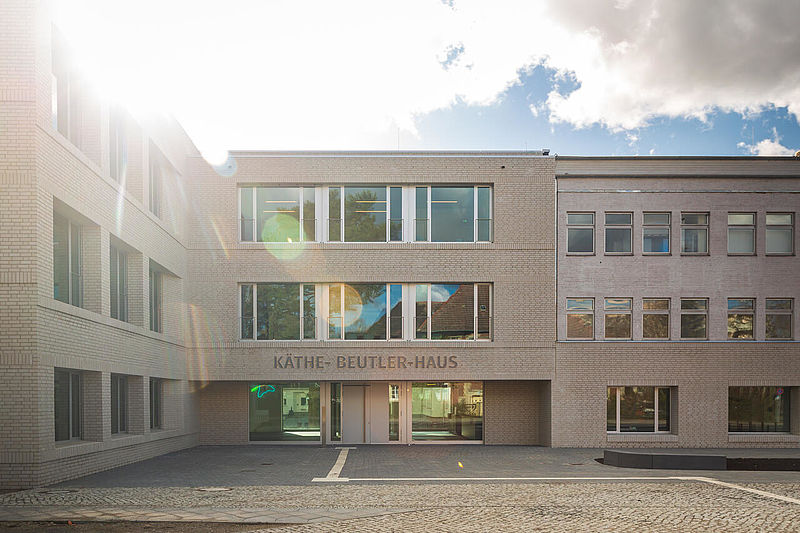The CCDC is intended to be a unique and internationally visible research institute in Germany that will focus on the role of the vascular system supplying the organs as the starting point of cardiovascular diseases and overall in the control of normal (physiological) pathogenic (pathological) processes.
Cardiovascular diseases such as heart attacks, strokes, diabetes, and hypertension are Germany's leading causes of death, accounting for 35 per cent of all deaths. Groundbreaking research over the past decade has shown that blood vessels play a crucial role in developing these and other diseases. In particular, the endothelial cells lining the vessels are of central importance to human health by playing an active regulatory role in controlling organ function. Almost all serious organ diseases are due to malfunctions of the vascular system.
Scientists at the Mannheim Medical Faculty have made significant contributions to this reorientation of vascular research towards an active role of vascular wall cells in disease development. With the Collaborative Research Center 1366 "Vascular Control of Organ Function", they take an internationally visible leading part in this field of research.
More than 200 scientists from various disciplines such as basic biomedical research, biomarker research, artificial intelligence and bioinformatics, clinical medicine and public health will pool their expertise in the planned research building. Based on this expertise, the Center for Cardiovascular Disease Control (CCDC) pursues an interdisciplinary research agenda with a highly specialized human and technological infrastructure. It covers an area of approximately four and a half thousand square meters.
Exploring the vascular system as a mirror of local and systemic health, clarifying the communication processes in the vascular system, and leveraging the potential it holds for identifying new predictive vascular biomarkers is the path to our common goal: a new quality of cardiovascular preventive medicine based on evidence-based, personalized intervention strategies. Such a centre focusing on vascular-focused preventive medicine does not yet exist in Germany, Europe or the USA.
The groundbreaking ceremony for the research building is scheduled for summer 2023, and the Center for Cardiovascular Disease Control is expected to begin research operations over the course of five years.


